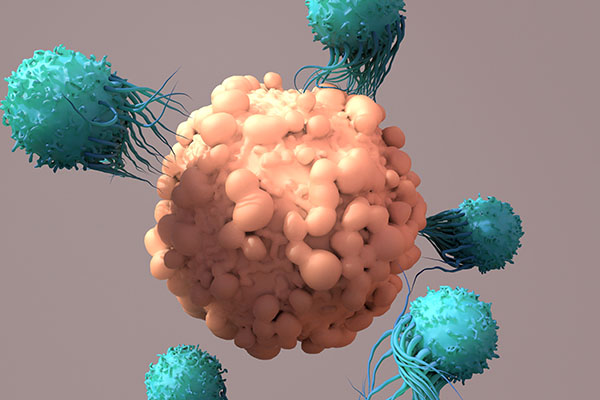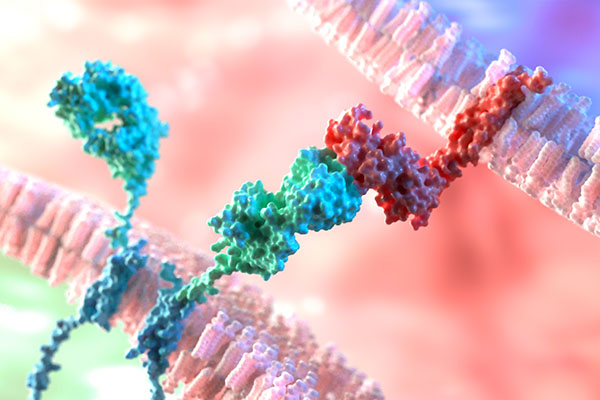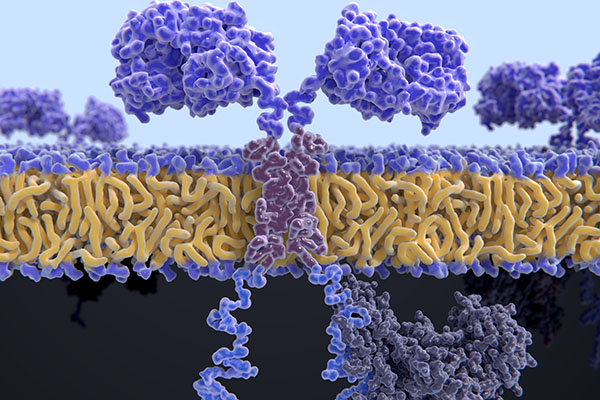Single Cell Analysis of Response and Toxicity Following CD19 CAR T-Cell Therapy in Lymphoma
3PM CDT / 4PM EDT / 1PM PDT, May 24, 2023
The autologous chimeric antigen receptor (CAR) T cell therapies aimed at targeting CD19 have demonstrated a remarkable degree of efficacy in the management of relapsed/refractory large B cell lymphomas (LBCLs). However, despite impressive improvements in patient outcomes, the majority of patients do not have durable responses and treatment-associated adverse events, such as immune effector cell-associated neurotoxicity syndrome (ICANS), represent a significant clinical challenge. Failure of CAR T-cell therapy can be multifaceted and related to the quality of the T-cells at the time of apheresis, the associated functional heterogeneity of the CAR T-cell infusion product, and tumor and tumor microenvironment characteristics that may limit in vivo expansion and T-cell effector function. Toxicities are driven by a confluence of factors related to the activity of the CAR T-cell product and host immune cells. A central approach to uncovering mechanisms of resistance and toxicity has been the use of single cell RNA-sequencing (scRNA-seq) to analyze the various compartments (apheresis product, infusion product, post-infusion CAR T-cells, tumor).
Creative BioMart invited Dr. Michael R. Green to join us to provide an overview of scRNA-seq studies that have improved our understanding of CAR T-cell therapy and informed novel approaches to therapeutically target their mechanistic underpinnings.

Michael R. Green, Ph.D.
Associate Professor & Director
Translational and Laboratory Research, Department of Lymphoma/Myeloma, Division of Cancer Medicine, The University of Texas MD Anderson Cancer Center
Dr. Green obtained his Bachelor of Biomedical Sciences at Victoria University of Wellington in New Zealand, a Ph.D. in Molecular Genetics from Griffith University in Australia, and completed post-doctoral training at the Dana-Farber Cancer Institute and Stanford University School of Medicine.
The mission of the Green Laboratory is to improve the survival and quality of life for people suffering from B-cell malignancies by developing innovative therapeutic interventions that are driven by a deep mechanistic understanding of normal and malignant immune cell biology. This is achieved by integrating knowledge from cutting-edge ‘omics’ approaches, primary patient biopsies, patient-derived xenograft models, transgenic mouse models, cell lines, and CRISPR/Cas9 gene editing experiments to characterize the function of important genetic, epigenetic, and immunological alterations in B-cell lymphoma and its tumor microenvironment. The ultimate goal is to harness this information to identify and develop new rationally targeted therapeutic strategies.
You may also be interested in our products and services related to CAR-T cell therapy development:




